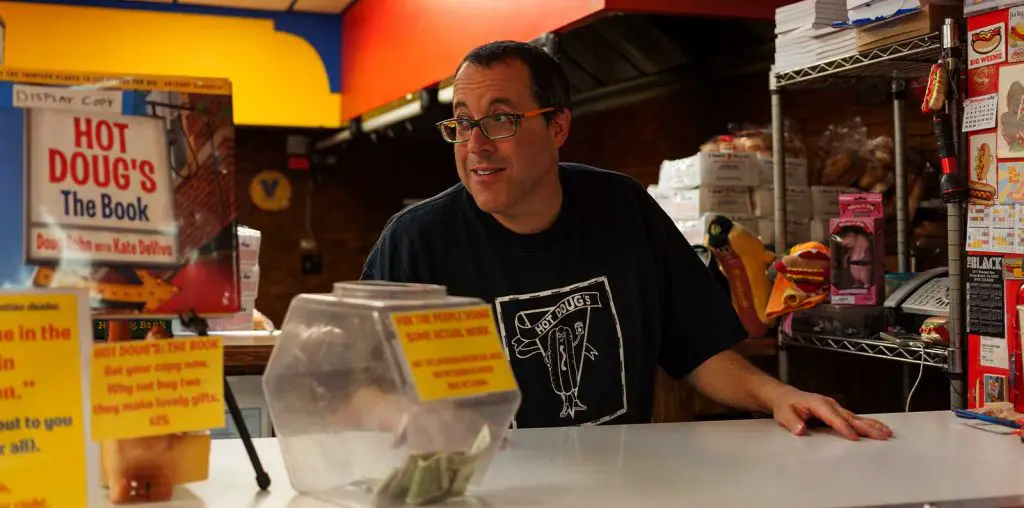
For a lot of directors, this chance comes only once. They slave away, and come out of left field with a big critical and commercial hit. Suddenly golden, some studio is willing to give them the money and the freedom to do whatever they want. Nobody seems to remember the failures or the marginal work before success. Everyone, however, will not forget what they choose next. Rarely, a filmmaker will follow it up a bigger or better film. Stanley Kubrick and Francis Ford Coppola are revered for going on some extended runs. Usually, the director is really given just enough rope to hang themselves as they get in over their heads in the execution of bad ideas (Steven Spielberg – “1941”, Martin Scorcese – “New York, New York”), unfilmable novels, or unnecessary remakes (Gus Van Sant – “Psycho”, William Friedkin – “Sorcerer”).
Following “The English Patient”, Anthony Minghella decided to adapt Patricia Highsmith’s novel, “The Talented Mr. Ripley”, previously sent to the screen by Rene Clement (as “Purple Noon”), and starring Alain Delon as the first in a series of novels about sociopath Tom Ripley. Instead of the legendary Delon, Minghella has Hollywood “IT”-boy Matt Damon playing the lead.
We begin this secret origin story with a chance meeting between shipping magnate Herbert Greenleaf and a young, poor Tom Ripley. Mr. Greenleaf then offers to pay Tom to travel to Italy to convince his little trust fund brat, Dickie (Jude Law), to come home. A gifted mimic and forger, Ripley transforms himself into a Jazz-loving Princeton man and enters Dickie’s world. He likes it. He likes it a little too much. It doesn’t end well.
There are some PROBLEMS. Now, the film is beautifully shot. The cast is generally competent. Jude Law and Philip Seymour Hoffman a**hole college buddy Freddie are outstanding, magnetic cads. You can see the attraction of their world. HOWEVER, I couldn’t really connect with the two parties on either end of the violence. First, it’s hard to feel for a bunch of unappreciative, upper-class twits who “loathe” mommy and daddy’s money but aren’t about to get their hands dirty and actually hold down a job. Dickie is the kind of guy who’s a lot of fun at parties but will only hang out with you as long as either the booze, drugs, or women hold out. At times, it’s hard to tell which person is supposed to be the sociopath.
Which brings us to the other problem — Matt Damon. Affleck’s other half plays Ripley as a likable guy who just gets in over his head and is only trying to protect himself. Unfortunately, I don’t think Highsmith intended her creation as likable in a ‘Richie Cunningham’ way, but in a ‘Hannibal Lector’ kind of way. I’m not so sure that Damon could have gone another way, though. When he does some opening narration, if you closed your eyes, you wouldn’t be able to tell whether you were actually watching “The Rainmaker”, “Rounders”, or this film. It’s the same earnest young man as three (supposedly) very different characters. Strangely, it’s the same kind of overly sincere tone I associate with Damon’s girlfriend, Winona Ryder.
Now, I don’t know Damon or his pal Affleck. I can only judge them from what I see, which is their movies. After sitting through probably all of them over the last couple of years, the impression I get is of a couple of ex-fratboys who wondered into the party with all the cool kids and desperately want to belong. They can lose the Members Only jackets and stop trying so hard to be liked, but they don’t quite have that old barrel full of pain rotting away in their mental basements. I wonder if this is close to how they see themselves. It would explain all the Kevin Smith movies. In “Good Will Hunting,” “The Rainmaker,” “Rounders,” and this film, Damon plays impoverished but gifted orphans who only want some love and understanding. What he doesn’t understand is that the literary Ripley doesn’t want love, he just wants the trappings of culture and class. The performance is all surface mannerisms without comprehension. When you’re a child, you’re taught that good and evil and right and wrong are absolutes. They’re not. They are whatever you believe they are and beliefs are what you use to justify your actions. Matty mouths some of the right words but I’m not sure he understands them. A person can be friendly and genial and still commit atrocities if what they believe justifies it. The actor desperately wants to act tormented but without an internal conflict between his actions and his beliefs, he can’t be.
Law and Hoffman have no problems being completely unlikable and building nuance into that. They dislike Ripley for the same reasons the audience will: not because he’s evil, but because he’s too ingratiating and needy. When Law leaves in the middle, the whole film just sags.
Hey, I’m sure the Good Will twins are nice enough guys. I’m sure Sean Penn, Robert Downey Jr. and Johnny Depp have been horrible in real life, but I don’t have to clean up after them. In the end, we only really judge actors by their movies. Directors, on the other hand, are remembered for both their triumphs and their bad choices.

